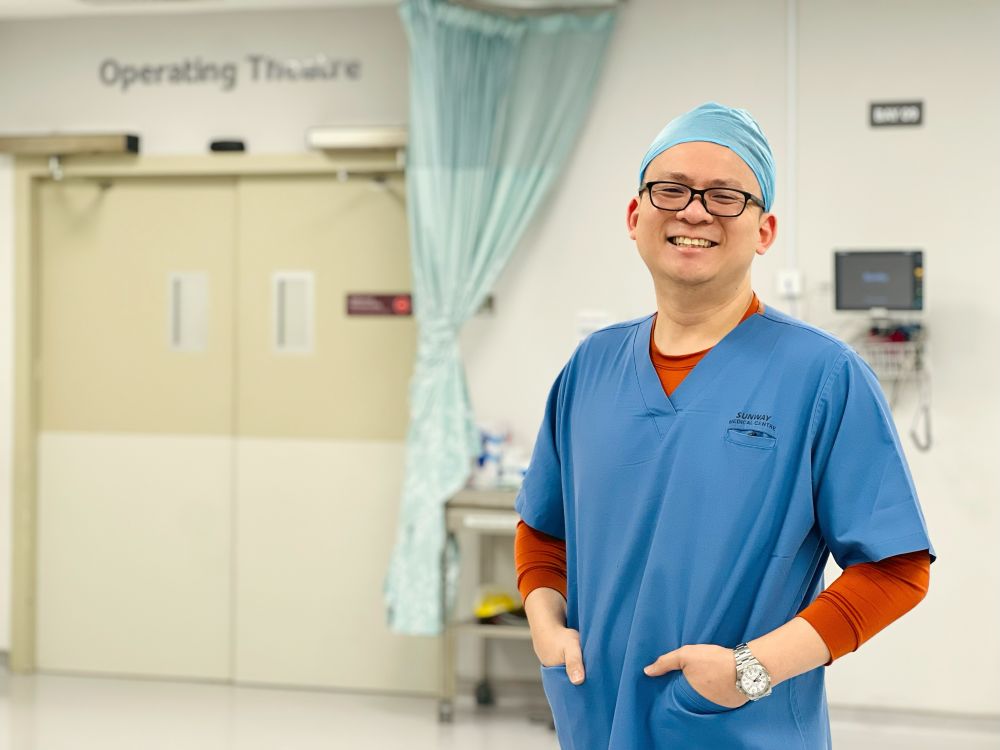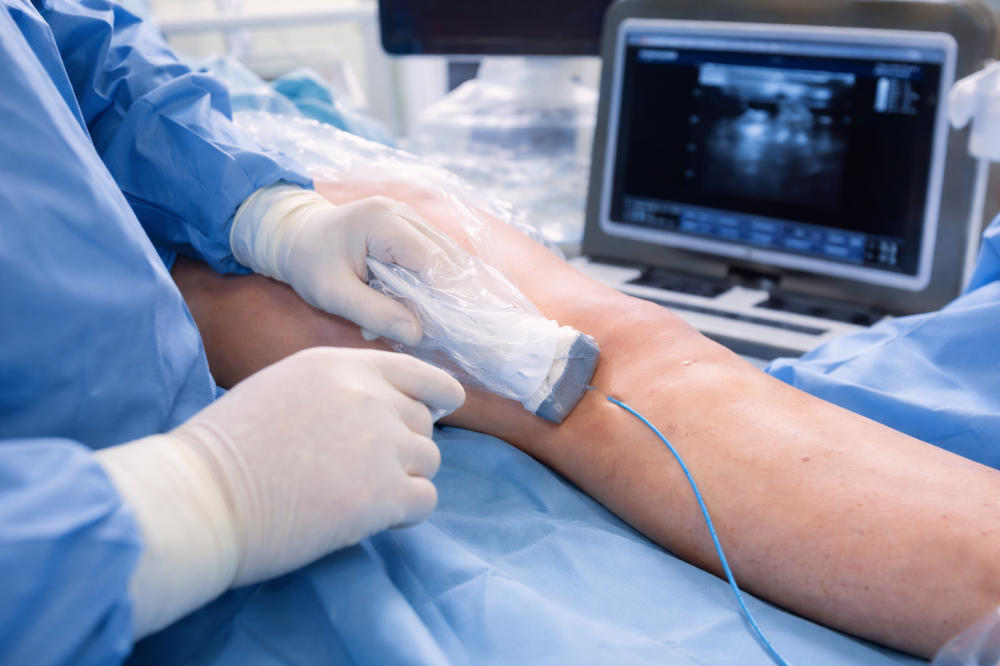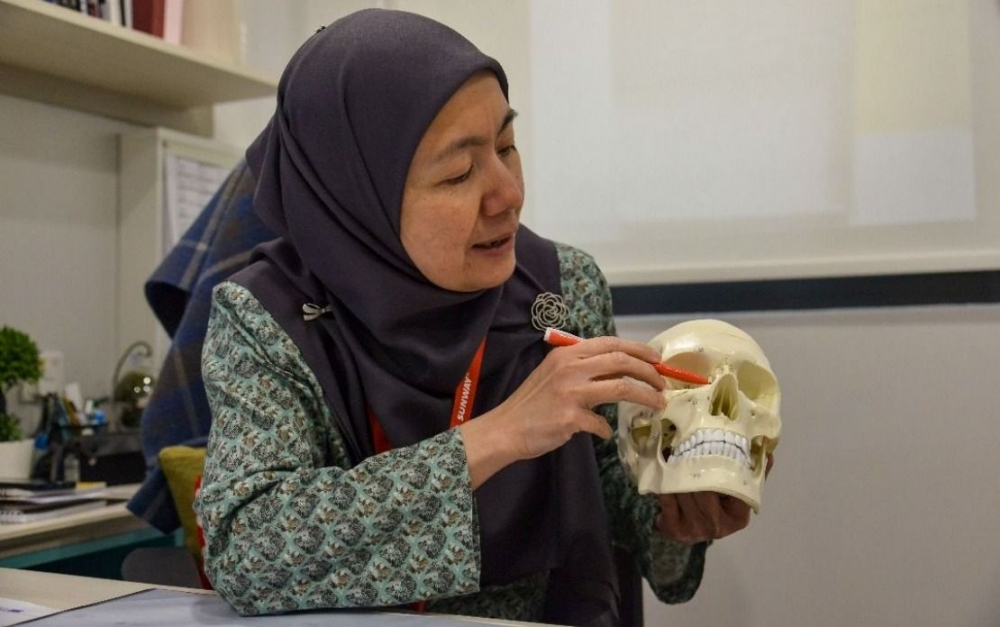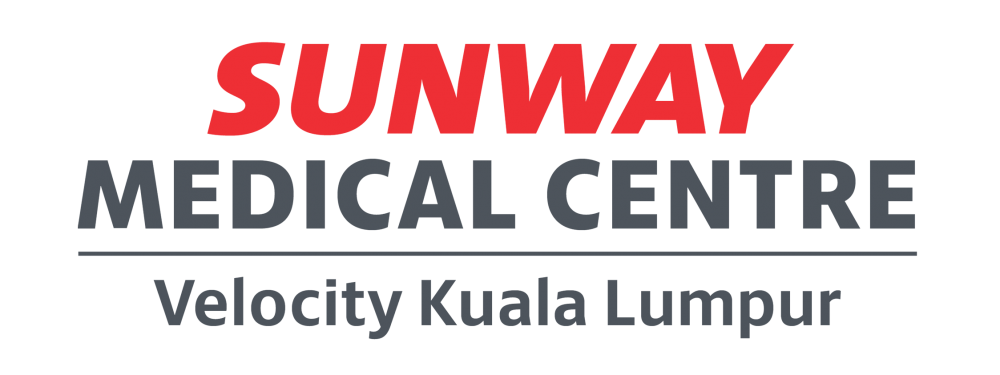What to Expect After Surgery: Your Recovery Guide

Waking up after surgery marks the start of the healing process. Whether the procedure is minor or major, the days and weeks that follow play an important role in recovery. With insights from Dr. Khoo Eng Lea, Consultant Anaesthesiologist and Pain Management Specialist at Sunway Medical Centre Velocity, this guide offers an understanding of what typically happens after surgery — and how to support a safe, smooth recovery.

In the Recovery Room
After the operation, patients are transferred to a recovery area where their condition is monitored. Grogginess or disorientation is common while the effects of anaesthesia wear off. Oxygen may be provided through a mask or nasal tubes to ease breathing.
Some individuals may experience a sore throat, dry mouth, or nausea. Nurses may administer medication to relieve these symptoms. Vital signs such as blood pressure, temperature, and heart rate will be checked regularly to ensure stability.
Understanding the Surgical Outcome
When alert, patients are briefed by the attending doctor or nurse about the outcome of the surgery. It may be helpful to ask:
- Was the surgery successful?
- How does the outcome affect the medical condition?
- What symptoms or effects are expected in the coming days?
Understanding the results of the procedure can help patients feel more prepared for what comes next.
Managing Pain After Surgery
Pain is a natural part of post-surgical recovery. It is important to inform the nurse at the first sign of discomfort so that medication can be provided before the pain worsens. Since pain relief may take 20 minutes or longer to take effect, early communication is encouraged.
Preventing Blood Clots
Early movement plays a vital role in preventing blood clots. Remaining in bed for too long can cause blood to pool in the legs, raising the risk of complications. Light leg exercises—such as ankle rolls or gentle knee bends—can help promote circulation.
Compression stockings or blood-thinning injections may be prescribed to reduce clotting risk. Usage instructions will be provided by the care team.
Enhanced Recovery Support
Many patients benefit from enhanced recovery programmes, especially after major surgery. These pathways are designed to promote faster healing by encouraging walking, eating, and drinking soon after surgery.
At Sunway Medical Centre Velocity, multidisciplinary care teams—comprising surgeons, physiotherapists, dietitians, and rehabilitation specialists—collaborate to optimise the recovery process.
Planning for Discharge
Before being discharged, patients receive personalised guidance on wound care, prescribed medications, follow-up appointments, and any equipment needed for home care (e.g., crutches or dressings). Physiotherapists may also provide specific instructions or exercises to support recovery.
Patients are advised to arrange transport home, as driving is not recommended. For the first 24 hours post-anaesthesia or epidural, an adult should be available to assist.
Helpful questions to ask before leaving the hospital:
- Who should be contacted if any issues arise at home?
- What tasks can be done independently?
- What activities should be avoided?
- When is it safe to return to work?
- How should pain, swelling, or bruising be managed?
- When and where will stitches be removed (or how long will dissolvable ones take)?
-
Are follow-up appointments required?
Wound Care & Hygiene
Wounds should be kept clean and dry. Patients should monitor for signs of infection such as increased redness, pain, or discharge. Showering is typically permitted 48 hours post-operation, unless advised otherwise. Full immersion (e.g. baths or swimming) should be avoided until wounds are fully healed.
Warning Signs After Surgery
It’s important to watch for potential complications. Seek medical attention immediately if any of the following occur:
- Persistent or worsening pain
- High fever (above 38.5°C)
- Swelling or redness around the wound
- Leg pain, swelling, or changes in skin colour
These may be signs of infection or blood clots, which require prompt attention.
Returning to Normal Activities
Fatigue is expected after surgery, especially following general anaesthesia. Patients should resume daily activities gradually, following medical advice. Movement promotes circulation and muscle strength, which are key to proper healing.
Eating a balanced diet, staying hydrated, and avoiding smoking can also improve recovery outcomes.
If you have concerns or questions during your recovery, don’t hesitate to reach out. At Sunway Medical Centre Velocity, our team is here to help — from attending doctors to our physiotherapists, dietitians, and rehabilitation therapist, we are committed to supporting your safe and steady recovery every step of the way.
这篇文章对您有帮助吗?
有0 位用户在 0 位中觉得这很有帮助。
Suggest to Read









